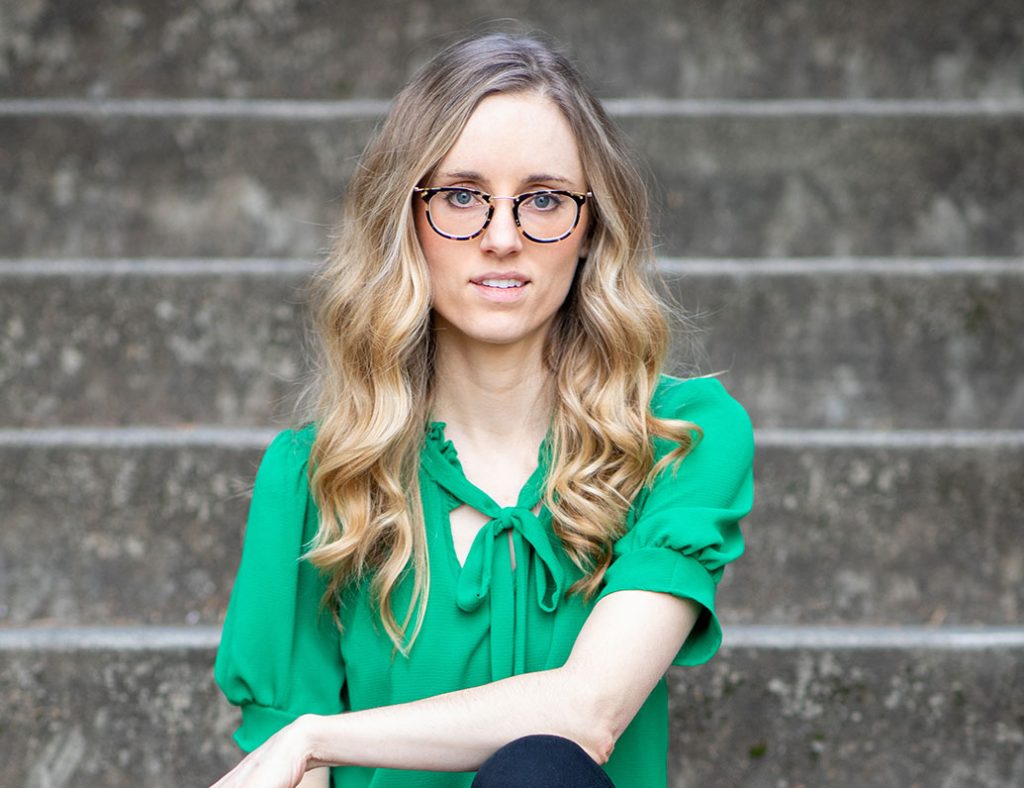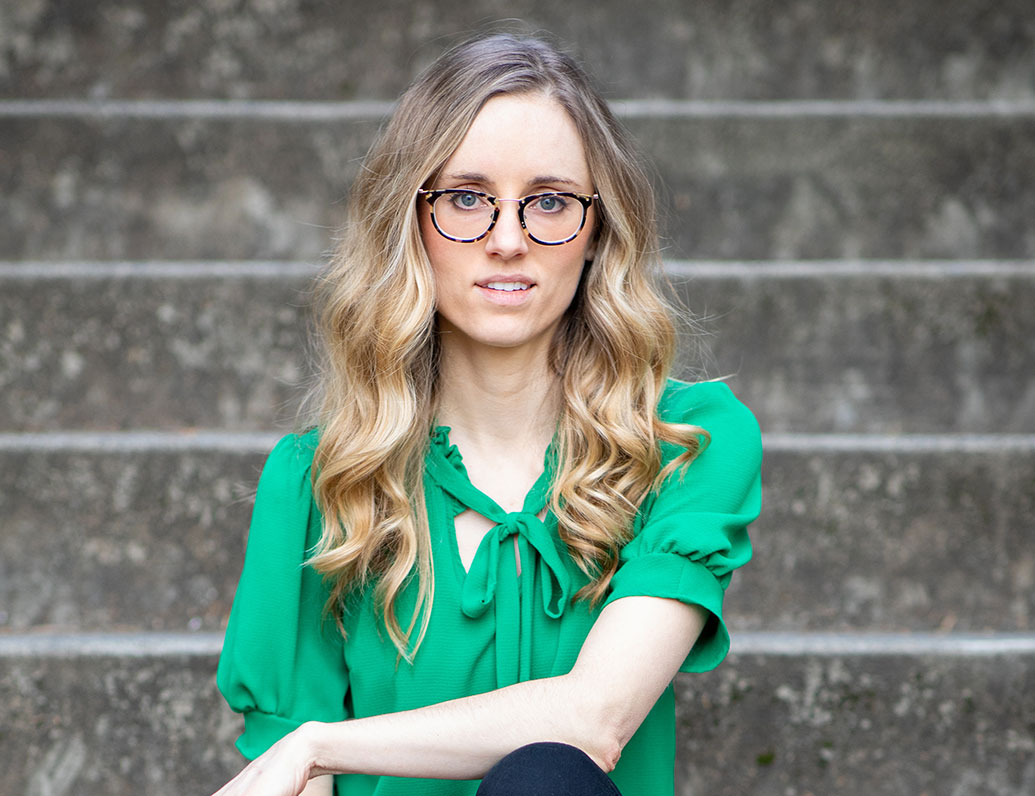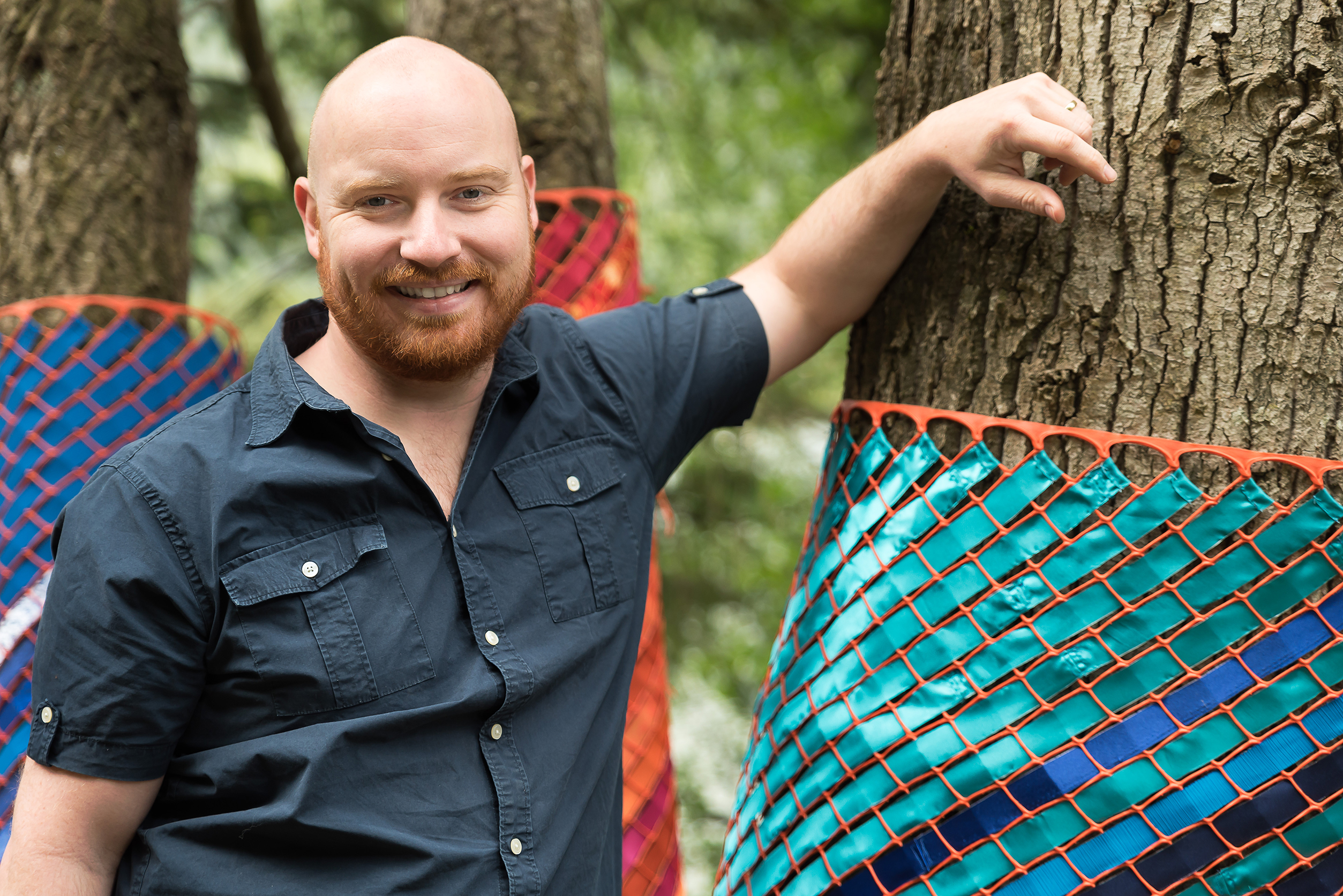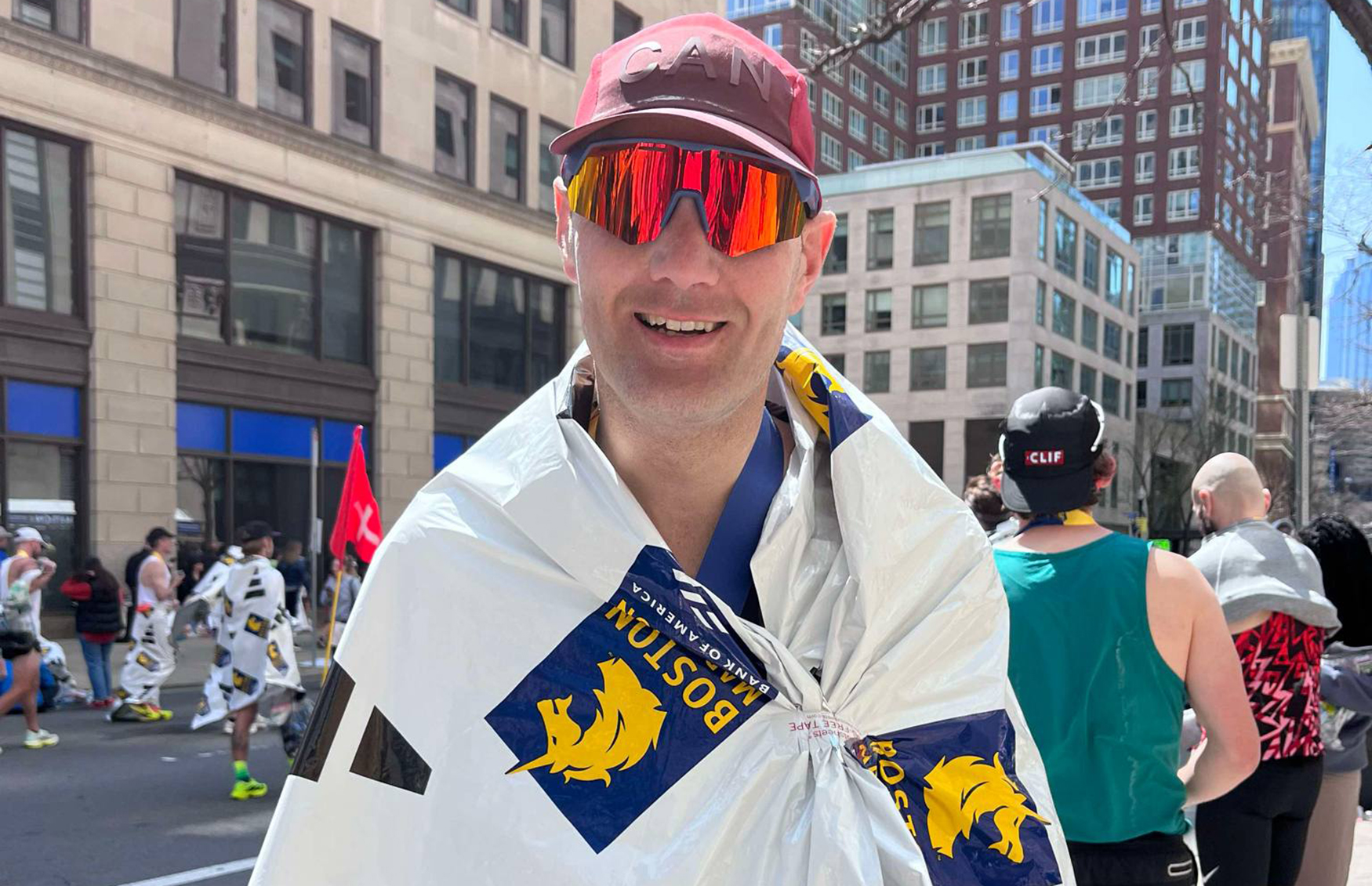Catching up with Tanya Jonker — applying research at Facebook Reality Labs

When we last checked in with Dr. Tanya Jonker in 2014, she was pursuing her PhD in psychology and planning a career in academia. Since then, she has completed her doctorate and transitioned to a career in research and development as a research science manager with Facebook Reality Labs.
She leads a team of interdisciplinary researchers exploring how wearable augmented reality devices could transform how we interact with and attend to the digital world.
“We aim to understand how people process and interact with digital information, and then we use this knowledge to create systems that naturally work with people’s cognition,” Jonker explains.
“Augmented reality devices, such as a pair of glasses, have been proposed as the next wave of personal computing. They allow people to have constant access to digital information, but the risk here is that they are really overloading. To address this potential issue, we are exploring what it looks like to create a system that understands your cognitive state and your task goals, and then adapts the system to make it easier for you to do what you want to do. If the system can understand your cognitive state, it can assist you without being disruptive, distracting, or requiring a lot of effort.
“With our smartphones and computers, we are constantly choosing where to devote our attention and cognitive processing — you are either focusing on the world and the people around you, or you are looking at your phone. This results in a lot of distraction and task-switching, and perhaps even danger. What if there were no divide between the real world and your digital life? What if you could interact with a recipe while you’re busily cooking, without having to unlock your phone and shift all of your attention over to it? Or send a quick message while walking without having to look down at a phone?”
This role has allowed Jonker to directly apply the deep theoretical insights she learned and developed during her doctoral research to real-world problems.
“During my postdoctoral fellowship in academia, I realized that much of the theoretical work I was doing did not have direct applications to the problems people experience in their daily lives. I loved the work and it was advancing our scientific understanding of human cognition, but I wanted to see my work carry through to better people’s lives. I also discovered that much of the technology sector was developing novel technologies without a deep understanding of how humans perceive, make sense of, and remember information. I chose to pursue a career in industry research because it allowed me to apply my scientific toolkit to futuristic technologies, which would enable us to create new technologies that enhance our cognition rather than distract it.”
Jonker also serves informally as a mentor to academic researchers who are transitioning into industry.
“During my transition to a career in industry research, I found it very difficult to learn what ‘the other side’ was like. There were very few clear resources on what it was like to have a career in industry research. Once I entered R&D in industry, I realized I was not alone.
“Doctoral programs do not really educate their students about various career paths — they are tailored to the academic path. But there are many pros and cons to various careers, and ultimately, there is no one-size-fits-all path! Ultimately, I believe that every person has a unique combination of strengths, and that fulfilling careers are found when one understands those strengths and then finds a role that draws on those strengths. My aim with my essays is to give people the information they need to help them find a deeply satisfying career, one that fits well with their skill set, their strengths, and their life goals.”
This article originally appeared in the 2021 edition of UFV’s Skookum magazine. See the PDF version of Skookum here.





